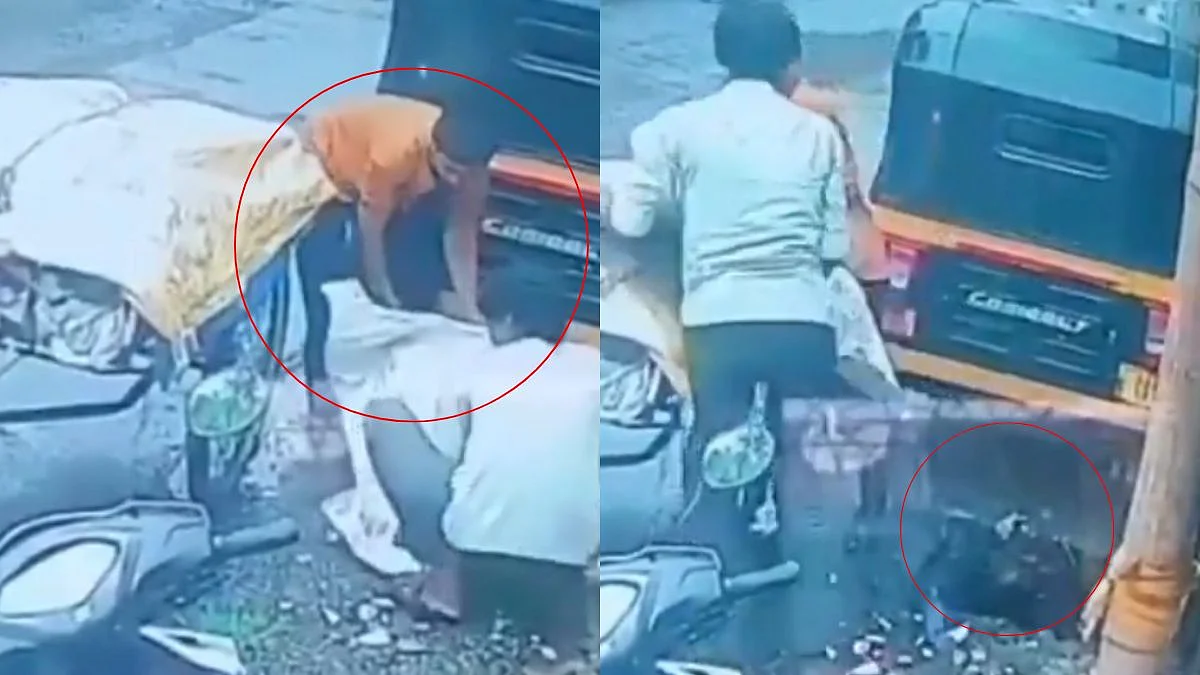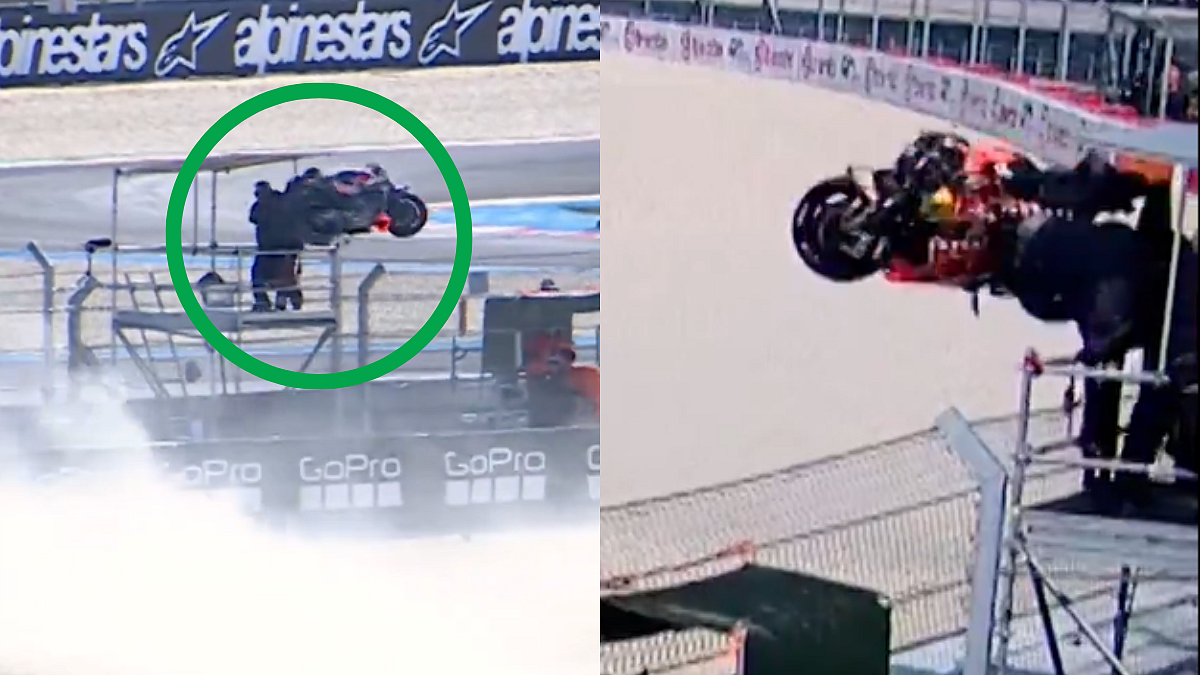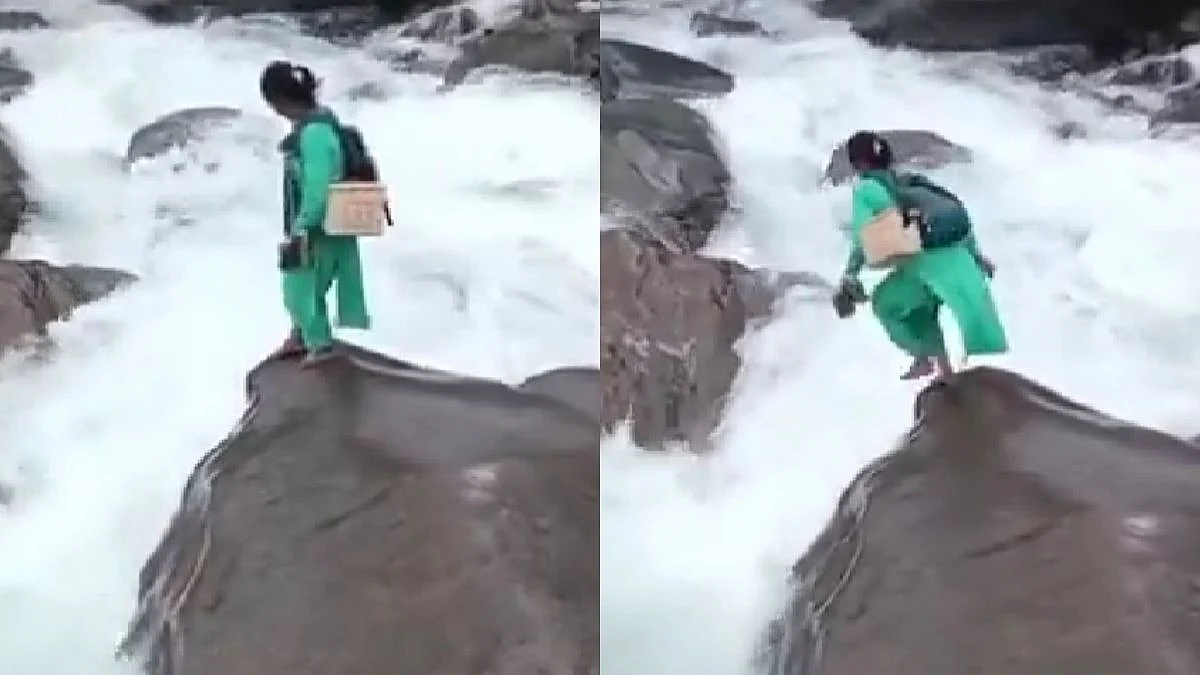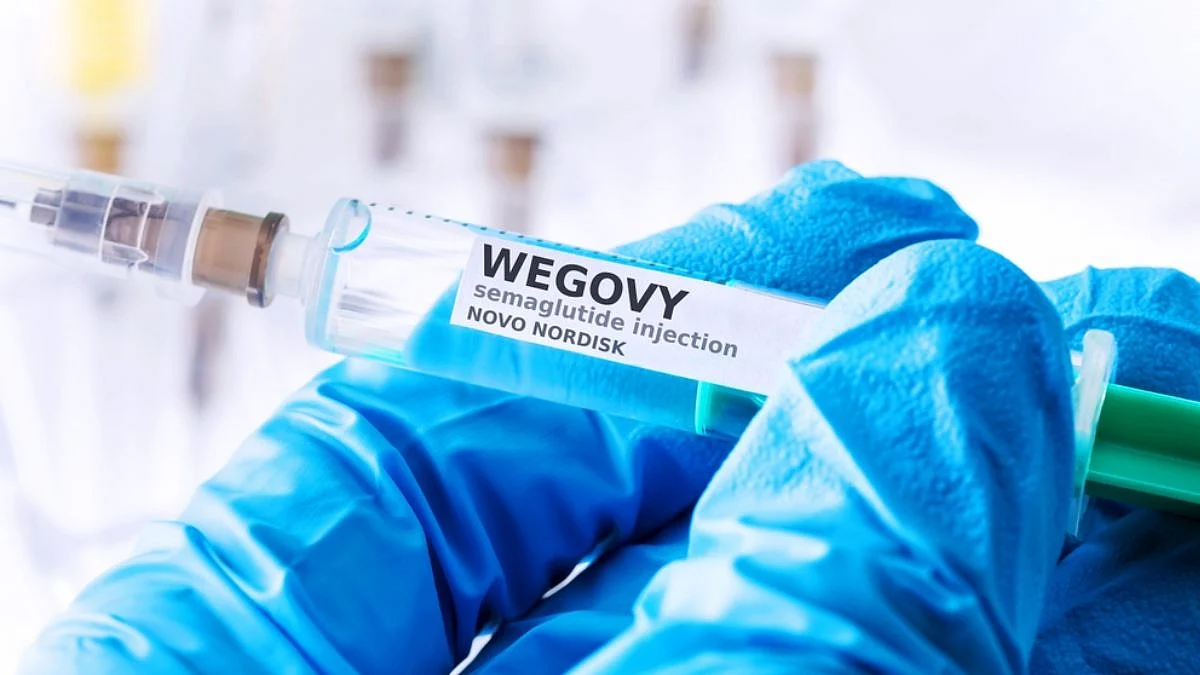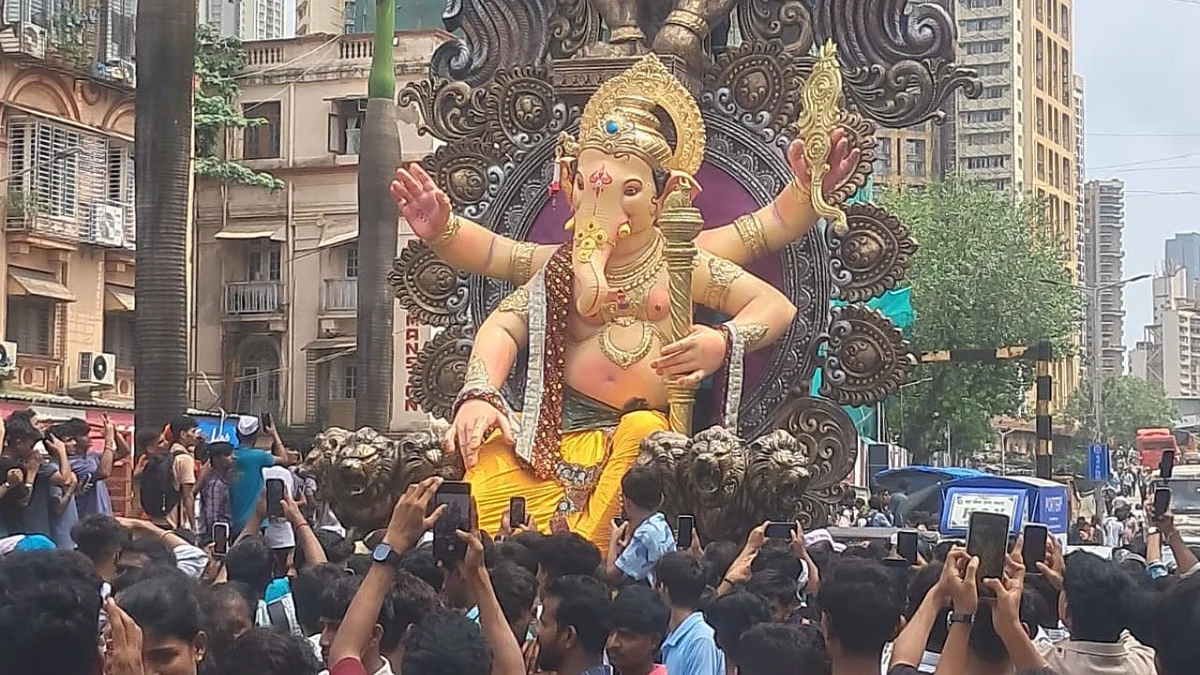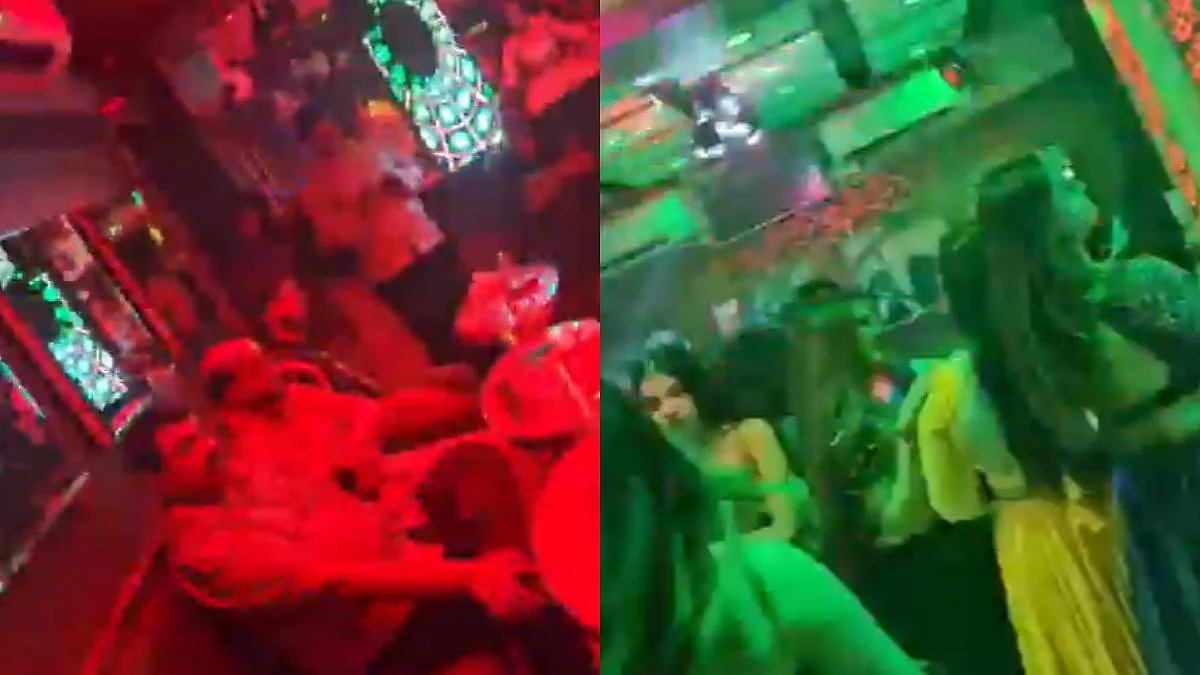Mumbai: In India, fake passports and visas surface almost daily, particularly at Mumbai International Airport. Behind every forged document lies a story of desperation, aspiration, or greed—and an underground network that feeds on dreams of going abroad. Why do people take the risk? Reasons vary across social groups.
Economic necessity drives many labourers from rural and semi-urban areas to seek daily wage jobs in Gulf countries, where fake passports or visas seem like a quick route to a livelihood. Others, with career aspirations, dream of working in Europe, the UK, or North America but lack genuine qualifications. They submit forged education certificates, altered birth records, or manipulated employment histories to obtain visas. Some fall prey to illusions of opportunity, as unscrupulous travel agents lure them with promises of high-paying jobs in maritime or hospitality industries, persuading them to invest heavily in fake documents.
In other cases, criminals and gangsters use forged passports to flee the country or establish false identities abroad. According to retired police immigration officials, these rackets are highly organised. Fake documents are rarely the work of a single forger; they rely on well-connected networks. Local agents act as middlemen, approaching those eager to travel abroad and charging anywhere from a few thousand to several lakhs of rupees, depending on the client’s financial capacity. Fake passports and visas are prepared by manipulating the system—sometimes with insiders in private companies contracted for passport services, police stations responsible for verification, or regional passport offices.
Statement Of The Former Assistant Commissioner Of Police, Dhanraj Vanjari
Retired Assistant Commissioner of Police Dhanraj Vanjari, who served in the immigration department, stated, "There is definitely a racket or kingpin behind the creation of fake passports and visas. If someone wants to procure a fake passport or visa, they have to manipulate three important organisations— first, the private company to which the government has outsourced passport and visa services; second, the police stations where verification is carried out; and third, the regional passport office. Scammers have their people placed in all these areas, which allows the racket to operate smoothly."
A major weakness lies in issuing passports before police verification. Agents exploit this by recycling photographs, tampering with digital records, and using technology to bypass checks. Vanjari explained, “There are two types of police verification— one by the local police station where the citizen resides, and another by the Special Branch, which verifies if any other cases are filed against the applicant outside the local jurisdiction. A few agents use duplicate photographs, while some manage to access the system directly. These are just some of the tricks used by agents.
They breach the system either through their network of men or by technical and digital means. These are the two major methods used by them.” Some rackets are linked to international syndicates, ensuring forged documents pass initial scrutiny at airports. Agents often provide fake tourist visas to labourers, assuring them these will allow work abroad, only for many to be caught by immigration officers in India or overseas. Until the early 2000s, obtaining a passport in India was a long, complicated process with strict checks.
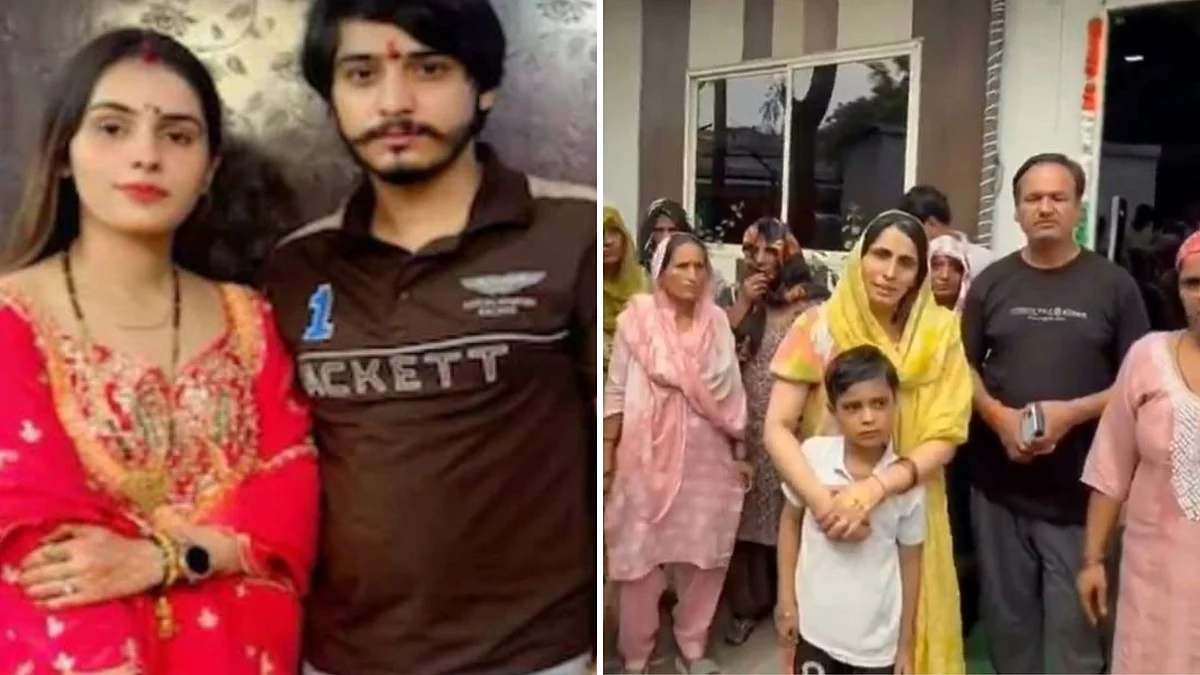
About The Passport Seva Project
The Passport Seva Project (2010), launched under a public-private partnership, improved efficiency but created gaps that criminals exploit. Historical incidents, like the 1999 Kandahar hijacking and 1993 bomb blasts, exposed vulnerabilities when terrorists and gangsters allegedly used fake passports to escape. India’s growing middle class, globalisation, and the lure of better opportunities abroad have increased demand for travel documents. While the government upgrades technology and verification, rackets adapt quickly.
Experts stress that technology alone cannot curb this menace. Public awareness, stricter monitoring of agents, and accountability within the system are crucial. Until then, fake passport and visa rackets will continue to thrive on the hopes - and vulnerabilities - of those chasing dreams abroad.

